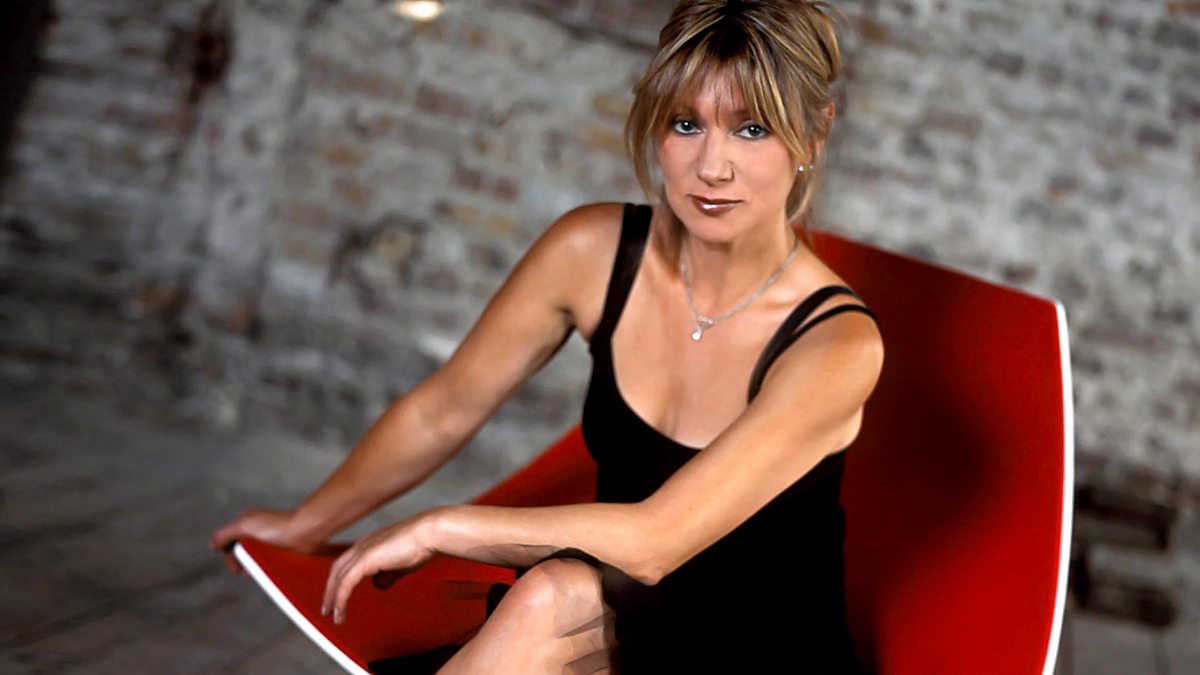Saturday
Lucie Skeaping plays a selection of music by Niccolo Jommelli. Considered a pathfinder, steering music from the traditions of Baroque opera to the immediacy of Mozart's stage works, Jommelli's operatic reforms in the mid-eighteenth century made him a widely regarded figure in his day - ground-breaking and influential. His true significance is only now starting to be valued.
For song enthusiasts.
Sunday
Le Roman de Fauvel is a 14th Century text satirising the tendency of the State and Church towards misrepresentation and fraudulent behaviour. It reads like a great drama divided into two parts. In the first part Fauvel, who is a horse, determines to leave his stable and with the aid of Dame Fortune, take over his master's house. In the second part he is encouraged by Dame Fortune to marry a character called Vain Glory.
The Roman de Fauvel was a huge hit in its day and prompted one copy - now in the Bibliothèque Nationale de France - which attracted a wealth of music, written out alongside the lavishly illumined text. One of the composers is known to have been the great French musician Philippe de Vitry.
The importance of Le Roman de Fauvel is profound. The culmination of European Gothic Art. It is one of the best examples from the medieval world of a spoken drama with music, and is often referred to as the starting point of Philippe de Vitry's Ars Nova.
Catherine Bott looks back on the story and history of the book with the medieval expert Emma Dillon, who has written a book about Fauvel - and features a recording of its music by the Boston Camerata directed by Joel Cohen.
Translations from the text are read by Scott Handy and Caroline Martin.
http://www.bbc.co.uk/programmes/b01bs9dg
Lucie Skeaping plays a selection of music by Niccolo Jommelli. Considered a pathfinder, steering music from the traditions of Baroque opera to the immediacy of Mozart's stage works, Jommelli's operatic reforms in the mid-eighteenth century made him a widely regarded figure in his day - ground-breaking and influential. His true significance is only now starting to be valued.
For song enthusiasts.
Sunday
Le Roman de Fauvel is a 14th Century text satirising the tendency of the State and Church towards misrepresentation and fraudulent behaviour. It reads like a great drama divided into two parts. In the first part Fauvel, who is a horse, determines to leave his stable and with the aid of Dame Fortune, take over his master's house. In the second part he is encouraged by Dame Fortune to marry a character called Vain Glory.
The Roman de Fauvel was a huge hit in its day and prompted one copy - now in the Bibliothèque Nationale de France - which attracted a wealth of music, written out alongside the lavishly illumined text. One of the composers is known to have been the great French musician Philippe de Vitry.
The importance of Le Roman de Fauvel is profound. The culmination of European Gothic Art. It is one of the best examples from the medieval world of a spoken drama with music, and is often referred to as the starting point of Philippe de Vitry's Ars Nova.
Catherine Bott looks back on the story and history of the book with the medieval expert Emma Dillon, who has written a book about Fauvel - and features a recording of its music by the Boston Camerata directed by Joel Cohen.
Translations from the text are read by Scott Handy and Caroline Martin.
http://www.bbc.co.uk/programmes/b01bs9dg

Comment